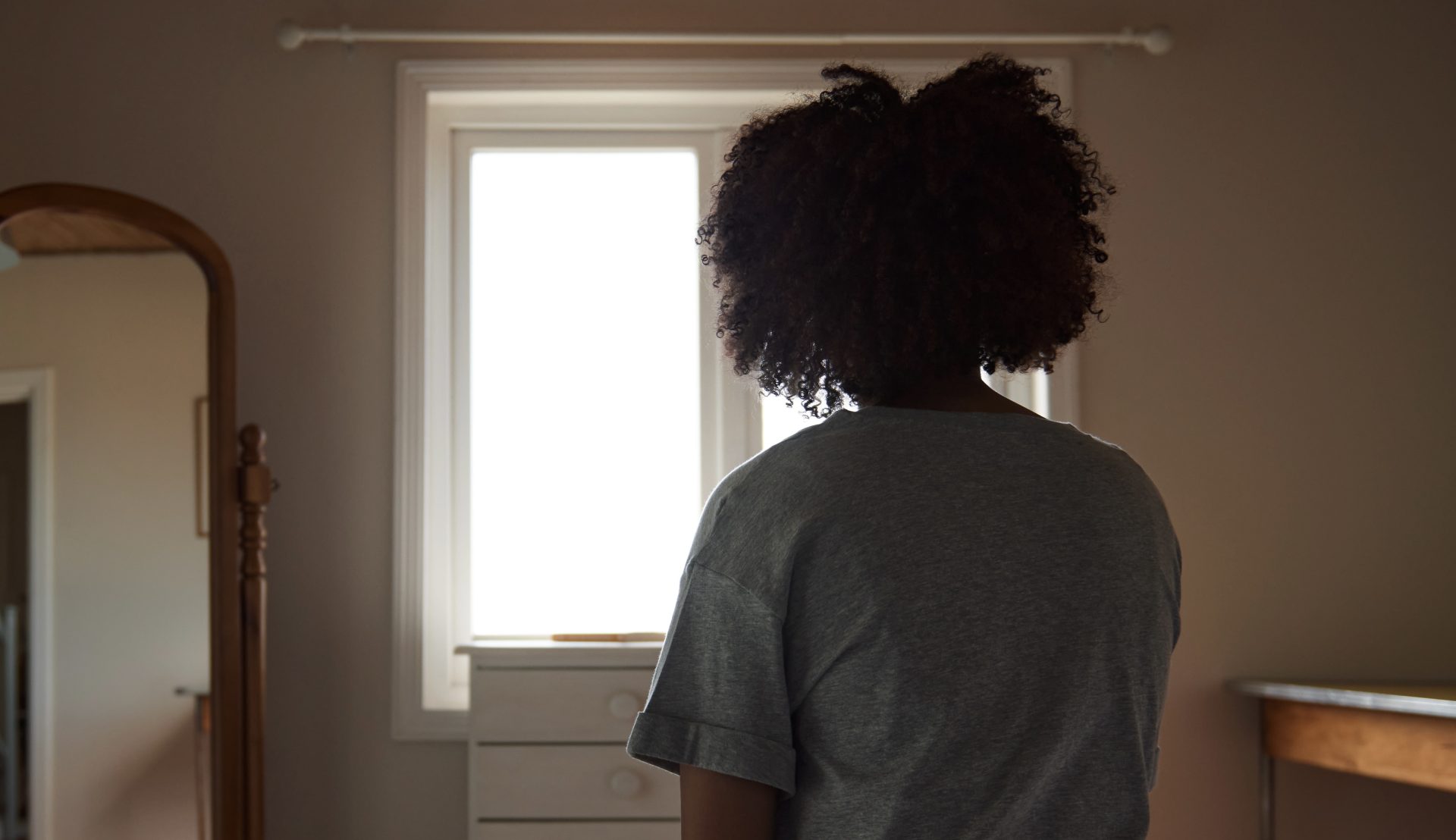
Mavocado/Getty Images
United States Surgeon General Dr. Vivek Murthy is sounding the alarm on how social isolation can impact physical health.
In an 81-page advisory titled Our Epidemic of Loneliness and Isolation, Murthy argues, “The mortality impact of being socially disconnected is similar to that caused by smoking up to 15 cigarettes a day.”
He also points out that loneliness’s “mortality impact” is “even greater than that associated with obesity and physical inactivity.”
As a result, Murthy says that social connection deserves the same priority given to other public health crises like addiction.
“Given the profound consequences of loneliness and isolation, we have an opportunity, and an obligation, to make the same investments in addressing social connection that we have made in addressing tobacco use, obesity, and the addiction crisis. This Surgeon General’s Advisory shows us how to build more connected lives and a more connected society.”
This view is supported by the observation that, in general, people with healthy social connections tend to “live longer.”
“Evidence across scientific disciplines converges on the conclusion that socially connected people live longer.”
Murthy further spoke on his advisory during a sit-down with AP News. He noted that it was done in an effort to help those who are “struggling in the shadows.”
“We now know that loneliness is a common feeling that many people experience. It’s like hunger or thirst… Millions of people in America are struggling in the shadows, and that’s not right.”
The U.S. Surgeon General added, “That’s why I issued this advisory to pull back the curtain on a struggle that too many people are experiencing.”
Supporting this stance, Murthy’s advisory notes that “Americans appear to be becoming less socially connected over time.”
He points out that the number of single-person households has doubled since 1960, which contributes to why “a significant portion of Americans lack adequate social connection.”
Of course, the COVID-19 pandemic only worsened the matter. However, factors like increased social media use and declining levels of community involvement also fuel the issue.
“Several examples of harms include technology that displaces in-person engagement, monopolizes our attention, reduces the quality of our interactions, and even diminishes our self-esteem.”
Ultimately, after giving a rundown on how loneliness can impact everything from cardiovascular health to cognitive functioning, Murthy points out that governing bodies must “establish social connection as a research priority.”
As for individuals, Murthy says they have to “understand” social connection’s impact while “actively engag[ing] with people of different backgrounds.”
“All of us as individuals, organizations, and communities can play a role in increasing and strengthening connection across the nation.”
Murthy also highlights how establishing a “culture of connection” is vital, as it “rests on core values of kindness, respect, service, and commitment to one another.”